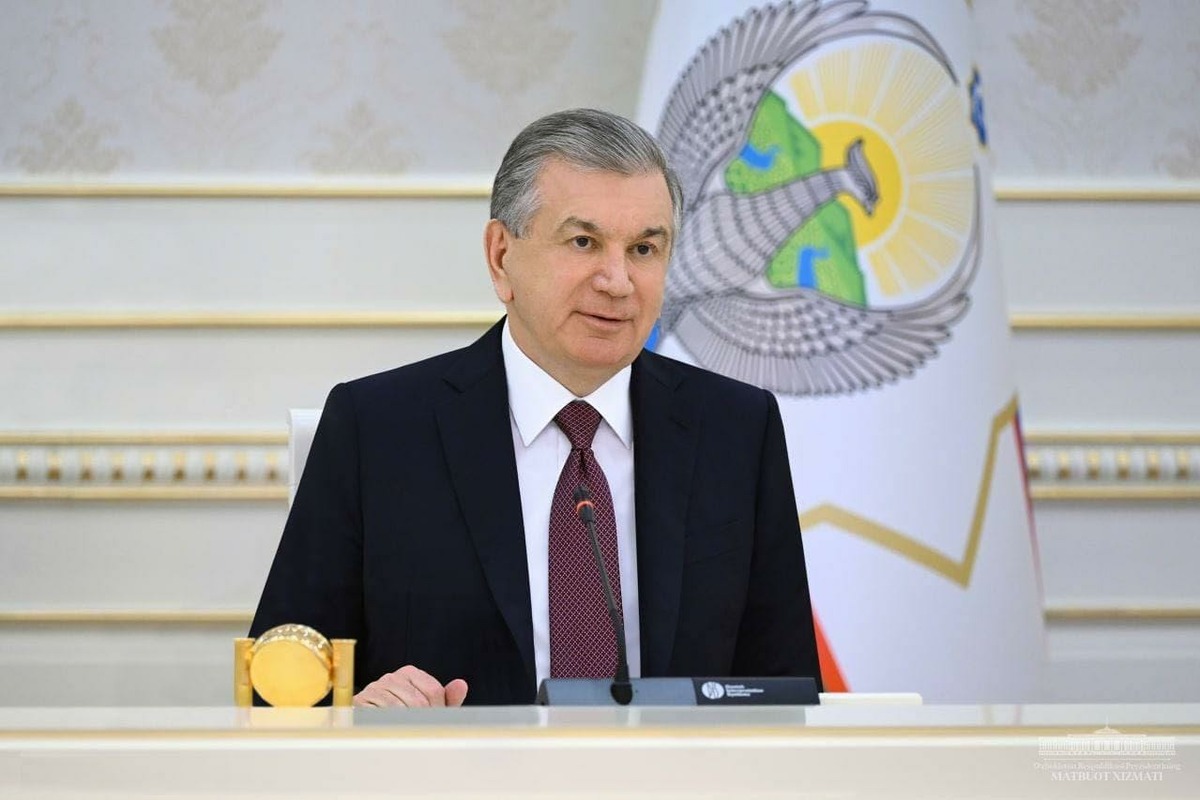Shavkat Mirziyoyev’s Strategic Reforms: Transforming Uzbekistan’s Global Standing
Uzbekistan, home to 36 million inhabitants in Central Asia, has experienced a paradigm shift under the stewardship of Shavkat Mirziyoyev. Since assuming office in 2016, Mirziyoyev’s leadership has been defined by groundbreaking reforms that have propelled Uzbekistan into a new era of global recognition and economic resurgence.
The Evolution of Leadership under Mirziyoyev
Shavkat Mirziyoyev, born into a family of medical professionals in 1957, brought a wealth of experience and a nuanced understanding of Uzbekistan’s intricate socio-economic dynamics. His presidency was marked by a proactive approach, swiftly identifying and addressing the nation’s challenges upon taking office.
Pioneering Reforms and Strategic Initiatives
Mirziyoyev initiated a series of transformative reforms aimed at streamlining bureaucratic processes, liberalizing currency exchange, and fostering transparency in governance. Collaborations with international institutions, including the International Monetary Fund (IMF), facilitated the establishment of robust economic metrics, bolstering Uzbekistan’s credibility on the global stage.
His diplomatic efforts revitalized relations with neighboring countries, particularly Kyrgyzstan and Tajikistan, while forging stronger ties with global powers such as the European Union, China, and the United States.
Economic Renaissance through Foreign Investment
Uzbekistan’s economic revitalization centered on attracting foreign investments and privatizing state-owned enterprises to overhaul its post-Soviet economy. Germany emerged as a key partner, witnessing significant investments exceeding $2.5 billion, with influential German companies like MAN, CLAAS, Knauf, and Falk Porsche Fiberglass setting up substantial operations in Uzbekistan.
Strategic collaborations with major European financial institutions, including Deutsche Bank and Commerzbank, facilitated credit provisions and supported Uzbekistan’s efforts in state bank privatizations, propelling the country’s economic growth.
Revamped Trade Dynamics and Global Engagements
The shift in Uzbekistan’s trade dynamics emphasized value-added processing in industries such as textiles and adopted market-oriented agricultural practices. Germany emerged as Uzbekistan’s principal European trading partner, witnessing a trade turnover totaling $1.2 billion, with Germany exporting industrial machinery and importing agricultural produce, textiles, and apparel.
Leveraging the European Generalized Scheme of Preferences (GSP+), Uzbekistan capitalized on tariff preferences, enhancing exports to Europe and fostering stronger economic ties.
Pioneering Sustainable Development and Green Energy
Uzbekistan’s vision embraced sustainable development, aiming to reduce reliance on fossil fuels by adopting renewable energy sources. Mirziyoyev set an ambitious target to achieve a 40% share of renewable energy in the country’s energy mix by 2030, necessitating substantial infrastructural upgrades and water conservation measures.
Strategic collaborations with European, Chinese, and Middle Eastern partners spearheaded Uzbekistan’s venture into green energy. The launch of multiple solar and wind power projects showcased the nation’s commitment to environmentally friendly energy practices.
Charting Uzbekistan’s Future Trajectory
Mirziyoyev’s endorsement of the Uzbekistan 2030 development strategy outlined ambitious goals, including GDP growth, expanded exports, enhanced education, healthcare, and improved living standards. The nation’s reliance on collaborative partnerships, particularly with Germany and other global allies, remains pivotal in realizing these aspirations.
Shavkat Mirziyoyev’s visionary leadership has not only reshaped Uzbekistan’s economic landscape but has positioned the nation as a proactive player on the global stage, ready to embrace a future defined by progress and prosperity.






